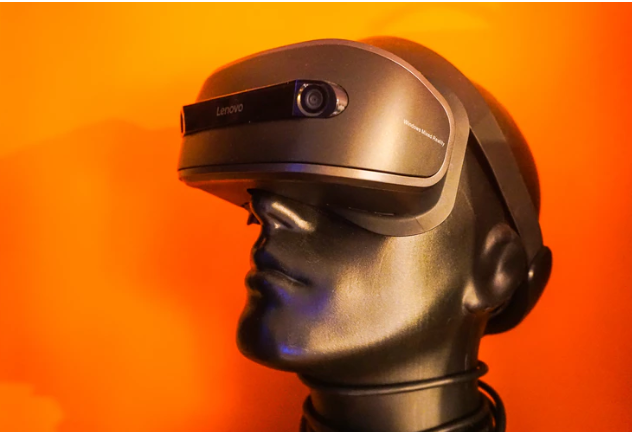
What would you do if a robot came to live with you? What if it looked and behaved like a human? And what if you had to confront a moral dilemma together? That’s the premise of the latest Ian McEwan novel, Machines Like Me.
It’s set in an alternative 1980s London. Alan Turing is still alive and has achieved huge breakthroughs in artificial intelligence, Britain has lost the Falklands War and Tony Benn is jostling with Margaret Thatcher for power. Charlie, a drifter in his early 30s, comes into some money and buys Adam, one of the “synthetic human” robots designed by Turing, and co-designs his personality with his girlfriend Miranda, a student with a dark secret in her past.
As someone who works in digital and follows the news about artificial intelligence, imagining how it will change our society in the future can feel both abstract and futuristic (I’m thinking Blade Runner and Battlestar Galatica). In contrast, Adam comes to life in Charlie’s kitchen and the domestic setting of Machines Like Me felt unsettlingly familiar, and all the more disturbing because of how the narrative unfolds.
Charlie has bought Adam with the aim of embarking on digital parenthood with Miranda, but it’s not long before we start to wonder who really has the power. Adam shares a worrying revelation about Miranda with Charlie, and soon learns how to override his off switch, developing autonomy of his own and making decisions towards the end of the novel which have consequences for all the characters as they deal with what really happened to Miranda.
The most disturbing thing about the novel for me was how much sympathy I had for Adam. He is at once an incredibly intelligent machine and also too vulnerable for the human world, holding himself to high ethical standards which lead to the shocking conclusion of the book.
If you’ve read any press stories about artificial intelligence or any science fiction then you’ll be familiar with a lot of the ideas in Machine Like Me, and some of the exposition can feel a little clunky in places. But it’s the way that McEwan explores uncomfortable questions about power, consciousness and what it really means to be human that gives the novel emotional force.
Machines Like Me stayed with me long after I had finished reading it. It’s dark, clever and made me think about what will happen when we invent machines whose intelligence surpasses ours. What will become of us?
Read more about Machines Like Me
